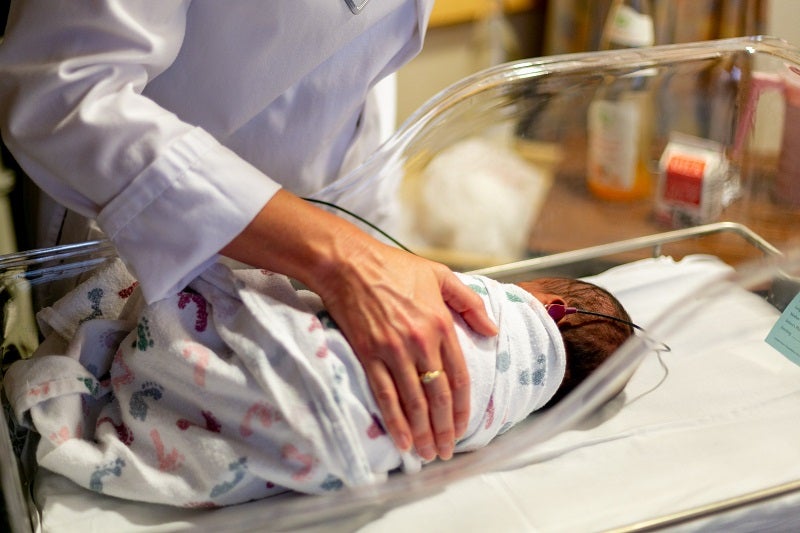
Healthcare products and services provider BIMI International Medical has signed a memorandum of understanding (MoU) to acquire Bengbu Mali Maternity Hospital in China.
Established in 2015, Bengbu Mali Maternity Hospital provides obstetrics and gynaecology services to nearly 30,000 patients annually. The hospital features outpatient and inpatient buildings across 24 floors.
In addition to obstetrics and gynaecology departments, the hospital has internal medicine, paediatrics, emergency medicine and anaesthesiology departments.
The hospital also offers personalised health services for women such as pre-pregnancy services, postpartum repair, and infant care.
Mali Maternity Hospital majority shareholder Zhenmei Jin said: “We are delighted that our hospital could join BIMI. We look forward to working with them and bringing our customised high-end maternity technology and services to help more patients.”
Under the terms of the MoU, BIMI plans to appoint a third party for auditing and evaluating the hospital, and subsequently, based on the results, sign a stock purchase agreement to acquire the firm.
How well do you really know your competitors?
Access the most comprehensive Company Profiles on the market, powered by GlobalData. Save hours of research. Gain competitive edge.

Thank you!
Your download email will arrive shortly
Not ready to buy yet? Download a free sample
We are confident about the unique quality of our Company Profiles. However, we want you to make the most beneficial decision for your business, so we offer a free sample that you can download by submitting the below form
By GlobalDataBIMI will acquire 100% stake in the maternity hospital through its common shares at the price of $3 per share.
Upon completion of the deal, Bengbu Mali Maternity will become a wholly-owned subsidiary of BIMI.
BIMI International Medical president and CEO Tiewei Song said: “Mali Maternity Hospital is the first specialist hospital we are acquiring. With its advanced medical technology and equipment, obstetrics and gynaecology could be a strength in our online-to-offline hospitals, and more patients could get help.
“Entering into this MoU with Mali Maternity Hospital is a big step in expanding our online-to-offline network not only in terms of the geographic network but also of medical technology and talents network. After this acquisition closed, we will have six hospitals.”






